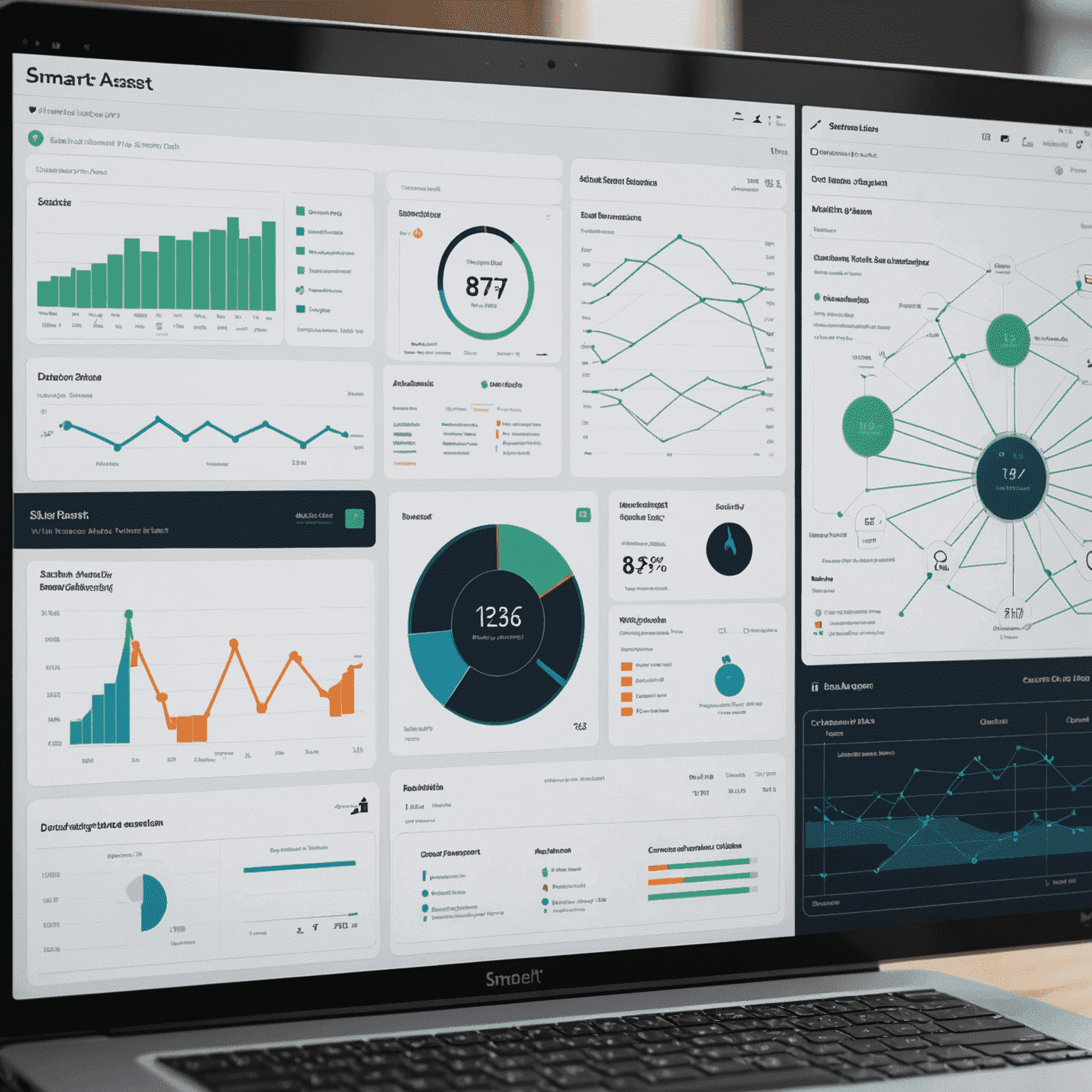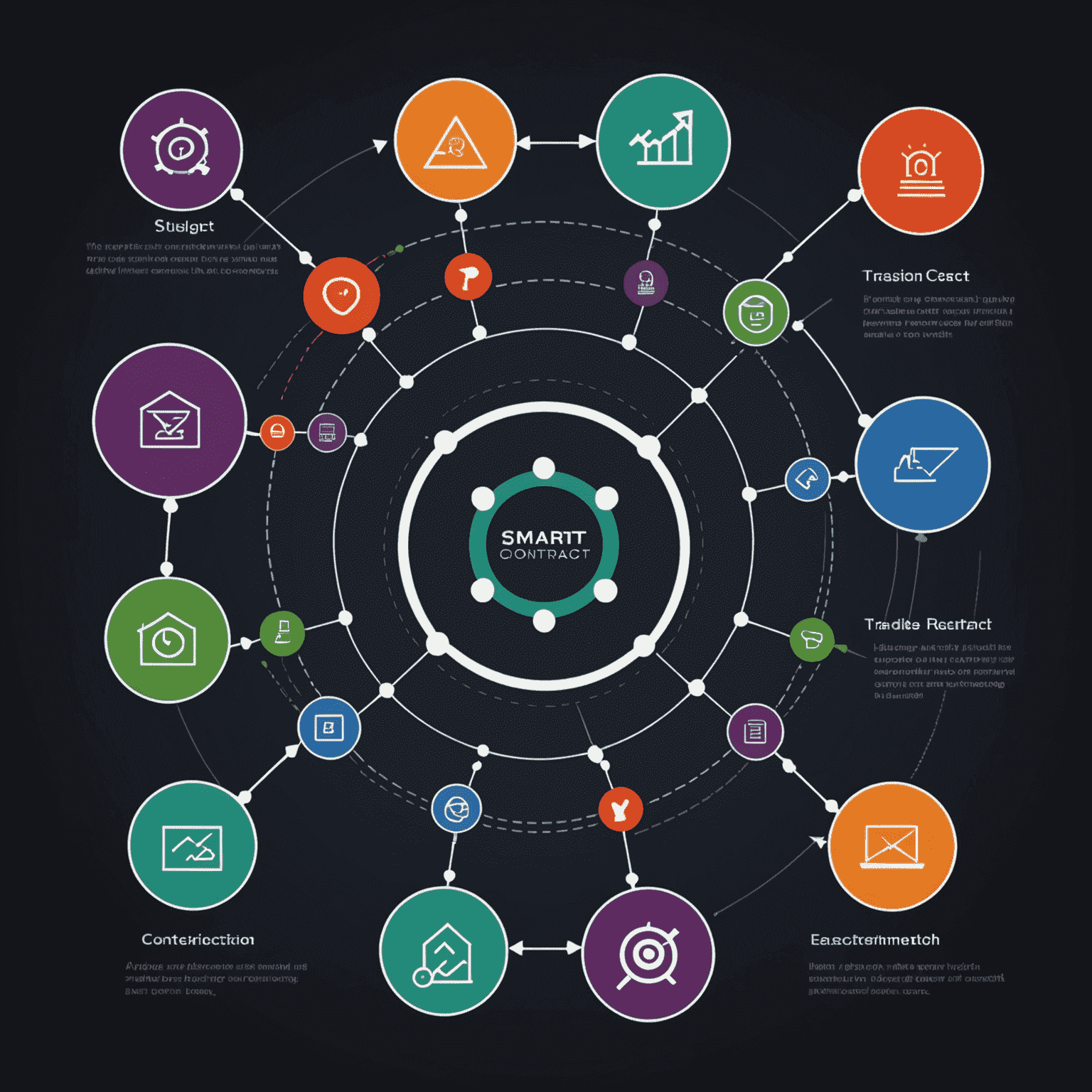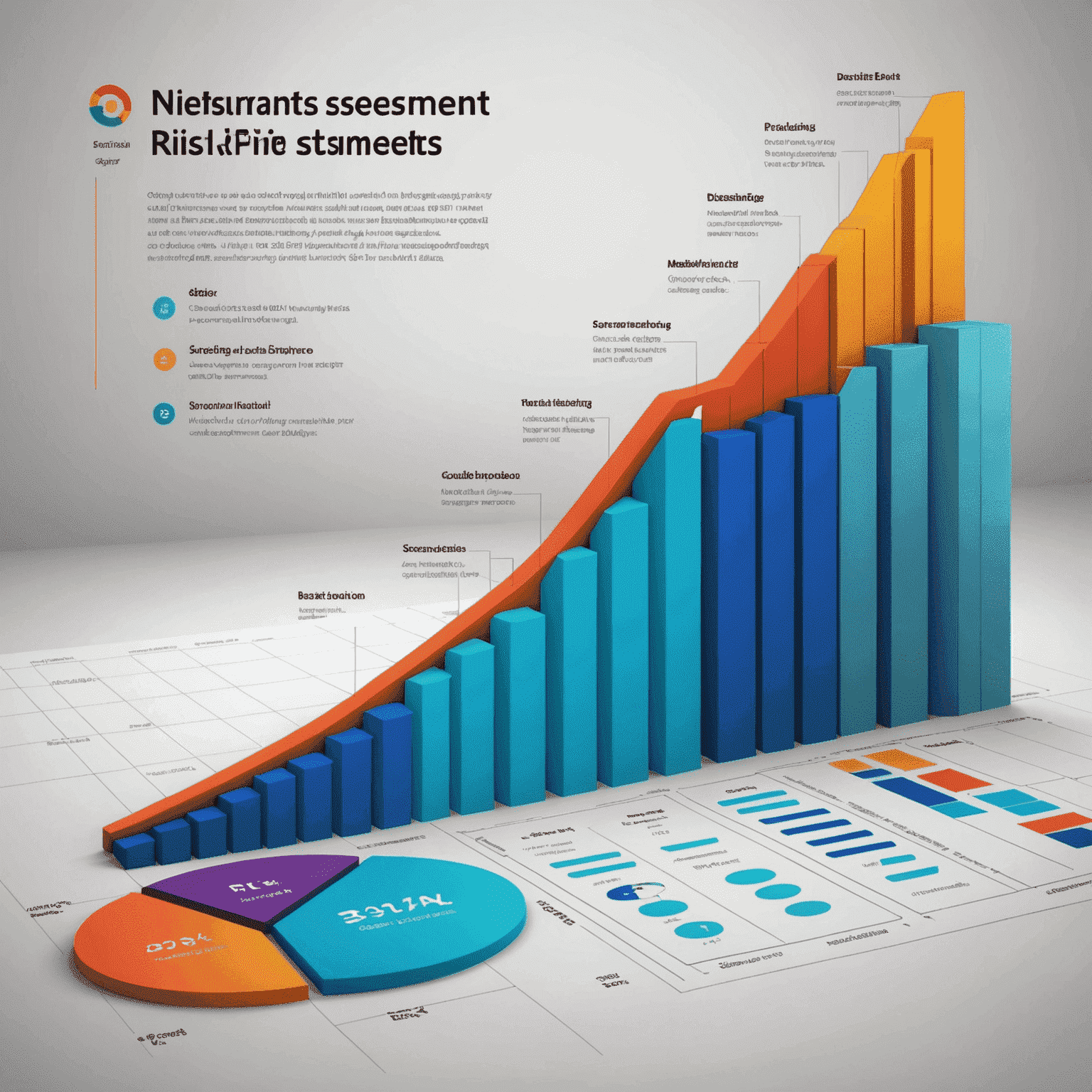Smart Asset Optimization Strategies

In the rapidly evolving world of digital asset trading, optimizing smart assets is crucial for enhancing efficiency and performance. This article delves into advanced techniques that can revolutionize your trading strategies.
1. Algorithmic Rebalancing
Implementing algorithmic rebalancing is a cornerstone of smart asset optimization. By utilizing advanced algorithms, traders can automatically adjust their portfolio based on market conditions, ensuring optimal asset allocation at all times.
2. Machine Learning for Predictive Analytics
Leveraging machine learning models can significantly enhance predictive capabilities. These models can analyze vast amounts of market data, identifying patterns and trends that human traders might miss, leading to more informed decision-making.
3. Smart Contract Automation
Utilizing smart contracts for automated execution of trades can reduce latency and human error. This technique is particularly effective in high-frequency trading scenarios where split-second decisions can make a significant impact.

4. Cross-Chain Interoperability
As the blockchain ecosystem expands, optimizing assets across multiple chains becomes crucial. Implementing cross-chain solutions allows for more diverse portfolio management and access to a broader range of trading opportunities.
5. Real-Time Market Data Integration
Integrating real-time market data feeds into your trading system is essential for staying ahead of market movements. This strategy enables quick responses to market changes and more accurate asset valuation.
6. Risk Management through AI
Artificial Intelligence can be employed to create sophisticated risk management models. These models can assess market volatility, predict potential losses, and suggest hedging strategies to protect your digital assets.

Conclusion
Optimizing smart assets is an ongoing process that requires continuous learning and adaptation. By implementing these advanced techniques, traders can significantly enhance their trading efficiency and performance in the dynamic world of digital assets.
Stay tuned for more insights on developing and optimizing digital smart assets for trading applications, and how to leverage market data for strategic decision-making in the ever-evolving landscape of digital asset trading.